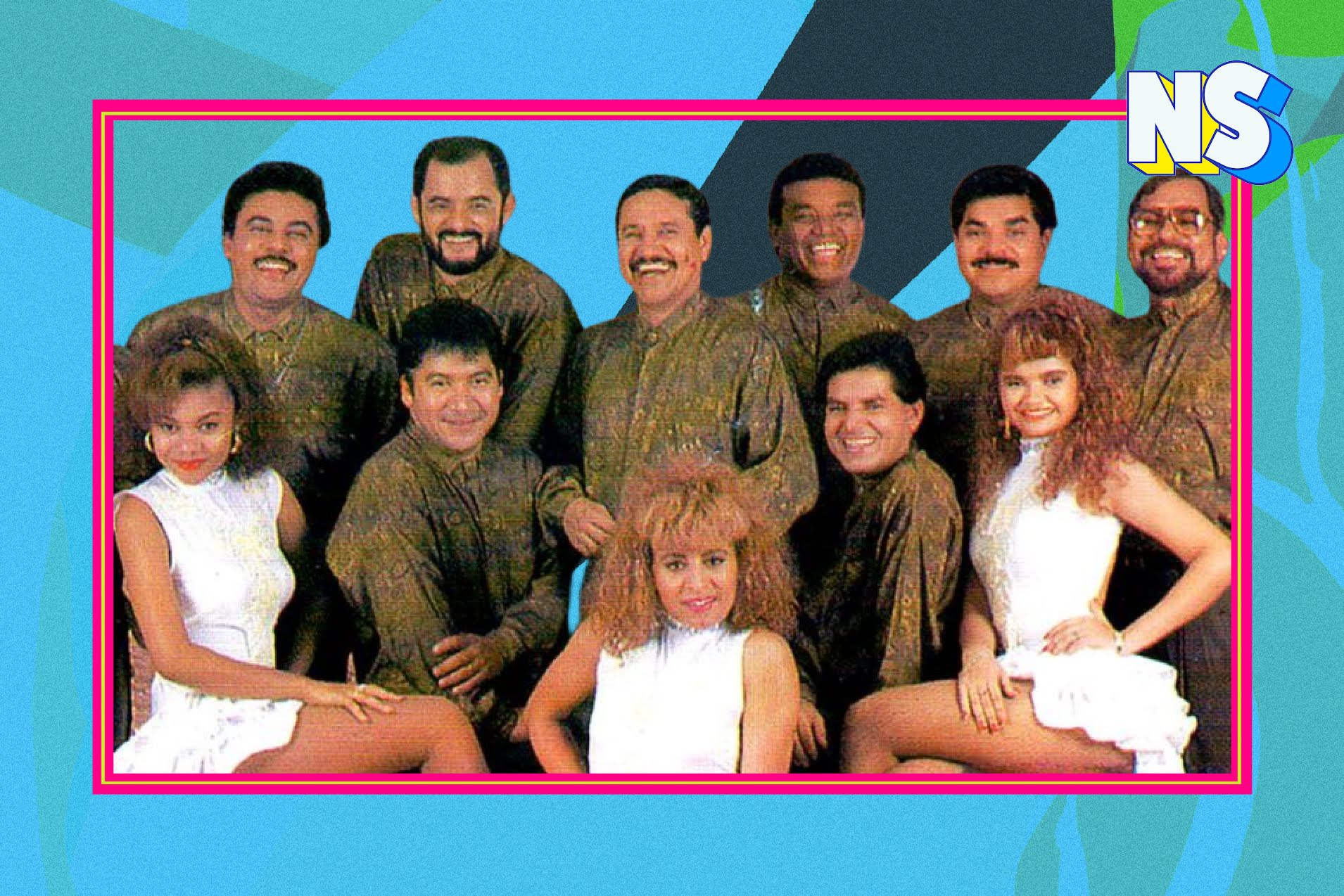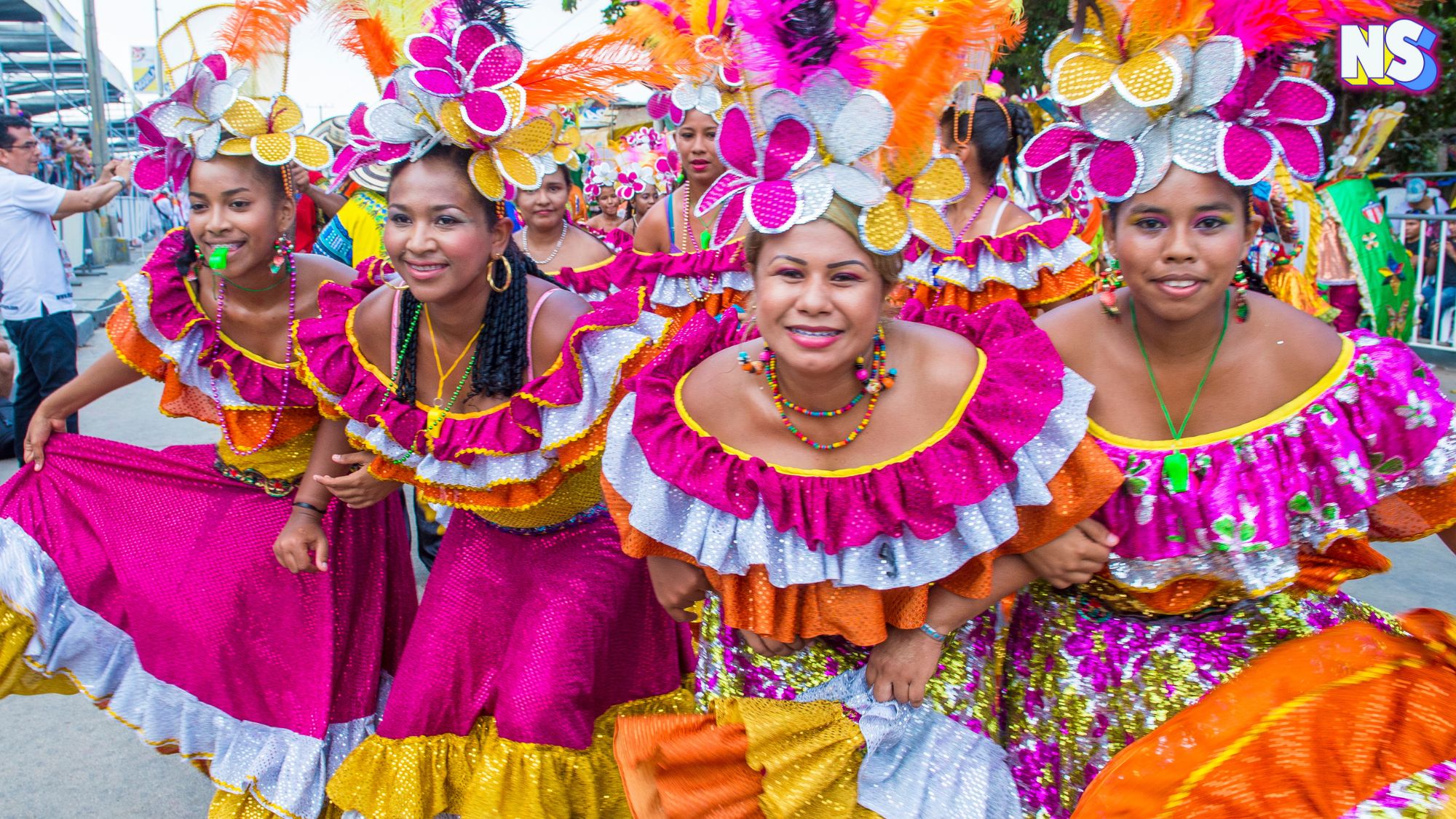Image courtesy of Nuestro Stories.
I’ve always loved the sort of randomness you find when you go through the archives of Latin music over the generations. The further you dive into the rabbit hole, the more interesting it becomes.
Equally beautiful, energetic, and sometimes nonsensical, these songs were the songs we grew up with; those from generations past that somehow made their way into our brains.
Maybe it was the Saturday morning ritual of being forced out of bed to help clean the house. Maybe it was the late-night dance party in the living room while all the cousins slept over. These songs stayed alive, like the melodic stories of yesteryear.
In this instance, we’re talking about the song “Sopa de Caracol,” roughly translated as Snail, or Shell Song, depending on who you ask.
The interesting story of a musical hit
The song was released in the early 90s by Banda Blanca, a Honduran punta rock group whose lead singer and songwriter Juan Pompilio “Pilo” Tejeda wrote the song in a mixture of Spanish and Garifuna. The song peaked at #1 on the Billboard Top Latin Songs in the United States.
However, the origins of this song are much older.
During the slave trade, hundreds upon thousands of people were being stolen from their homes and forced onto ships to be sold and traded among colonizers.
The Garifuna are the descendants of a slave ship that shipwrecked off the island of St. Vincent in the Caribbean. They came together with the Arawak Indians of the island and lived a fairly isolated life until they were forced to flee a violent rebellion on the island.
Many of the Garifuna migrated to Honduras, where the influence of the Garifuna music, language, and energy made its way into the culture. That influence remained, whether known or unknown, as time passed—reaching Pilo Tejedas’s ears.
Ramos infused Garifuna into “Sopa de Caracol,” and that influence spread worldwide.
The song itself combines English and Spanish words, what the Afro community of Honduras calls “la garífuna.”
For example, “watanegui consup” means “I want to eat soup.” “Wuli Wani Wanaga,” means “I want to keep enjoying it. And “lupipati lupipati” would translate as “one part for you, one part for me.”
Although it doesn’t quite make sense, it doesn’t need to. It grabs you by the hips and forces you to move whether you want to or not.
The song is a celebration.
It also happens to be a delicious bowl of soup — sopa de caracol — but that’s a recipe for another day.





